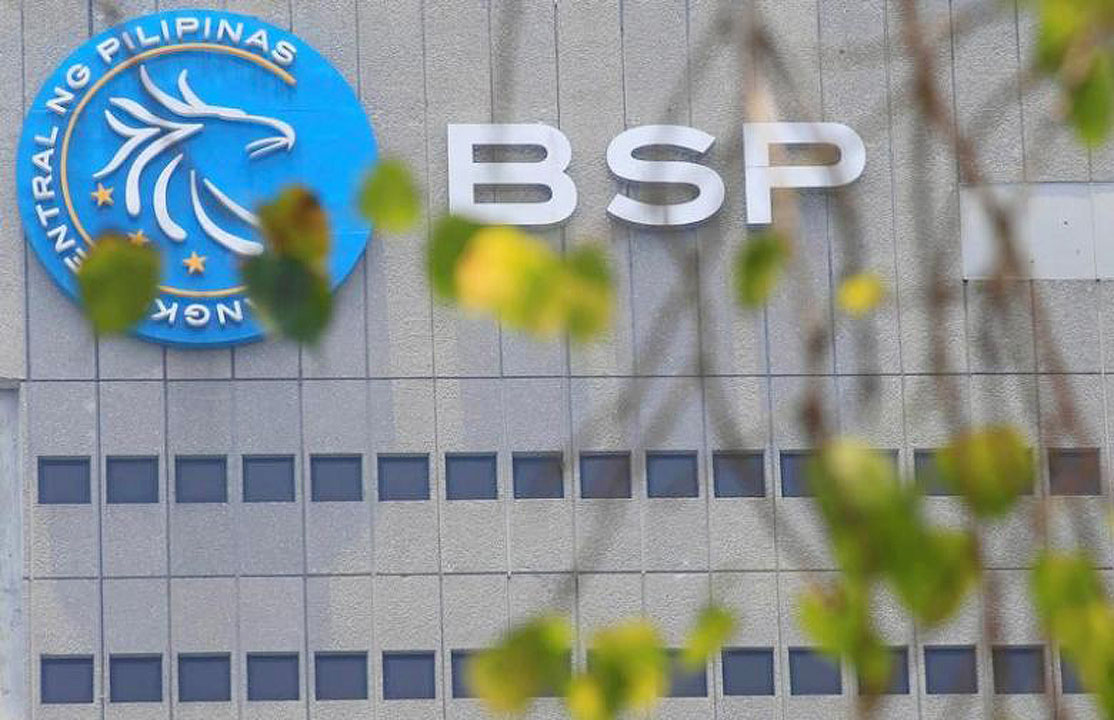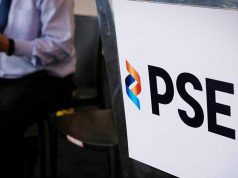BSP seen to hike interest rates by 75 bps on inflation, currency risks

THE BANGKO SENTRAL ng Pilipinas (BSP) may hike benchmark rates by 75 basis points (bps) this year to tame rising inflation and reduce currency risks following the US Federal Reserve’s tightening, Maybank Economics Research said.
The Philippines and Indonesia are expected to see 75 bps in rate increases this year, the biggest among Southeast Asian economies, Maybank Economics Research said in a note late Friday. Malaysia and Thailand are seen hiking rates by 35 bps, while Vietnam is seen raising policy rates by up to 50 bps by the end of 2022.
“ASEAN (Association of Southeast Asian Nations) central banks may have to deliver more rate hikes if currencies face selling pressure due to the Fed’s more aggressive hikes, or a larger-than-expected surge in inflation,” Maybank Economics Research said.
The BSP kept rates steady at record lows in March, citing the need to ensure economic recovery is already solid before it begins unwinding its pandemic-driven easy policy. At that meeting, the Monetary Board raised its inflation forecast to 4.3%.
BSP Governor Benjamin E. Diokno last month said they may consider a rate hike by June, taking into account the latest economic and labor market data to be released this month and next. This is more hawkish compared with his previous statements that the central bank will only start normalizing policy rates by the second half of the year.
The Monetary Board will hold its next policy review on May 19.
Meanwhile, the Fed increased rates by 25 bps and 75 bps in March and last week, respectively. It has signaled that more rate hikes are coming, together with the reduction in its asset holdings, as it gradually tapers its support for the economy.
Maybank Economics Research said central banks in the region face mounting pressures to start hiking rates sooner amid global monetary policy tightening.
“A repeat of the 2013 taper tantrums and equity sell-off is unlikely given larger foreign exchange reserves and lower foreign investor positions. But tighter global monetary conditions and rising interest rates will dampen ASEAN’s recovery,” it said.
ASEAN central banks also have to confront rising inflation even as price increases remain relatively modest versus what has been seen in advanced economies, Maybank Economics Research said.
It added that every 10% rise in oil prices contributes about 40 bps to inflation reading. The war in Ukraine has stoked global commodity prices and inflation as Russia is among the world’s biggest exporters of oil.
Maybank also noted that the United Nations Food and Agriculture Organization Food Price Index climbed by 33.6% from a year ago to a new record in March, as prices for vegetable oils, cereals and meat each recorded all-time highs. This would affect countries where food is a significant part of the inflation basket, like the Philippines.
“Food accounts for the largest weight in ASEAN countries, with the largest weight in Thailand (38.1%), the Philippines (34.8%) and Vietnam (33.6%),” Maybank said.
Philippine inflation accelerated to a three-year high of 4.9% in April due to rising food, transport and utility prices. This is beyond the 2-4% target of the BSP for the year. — L.W.T. Noble



